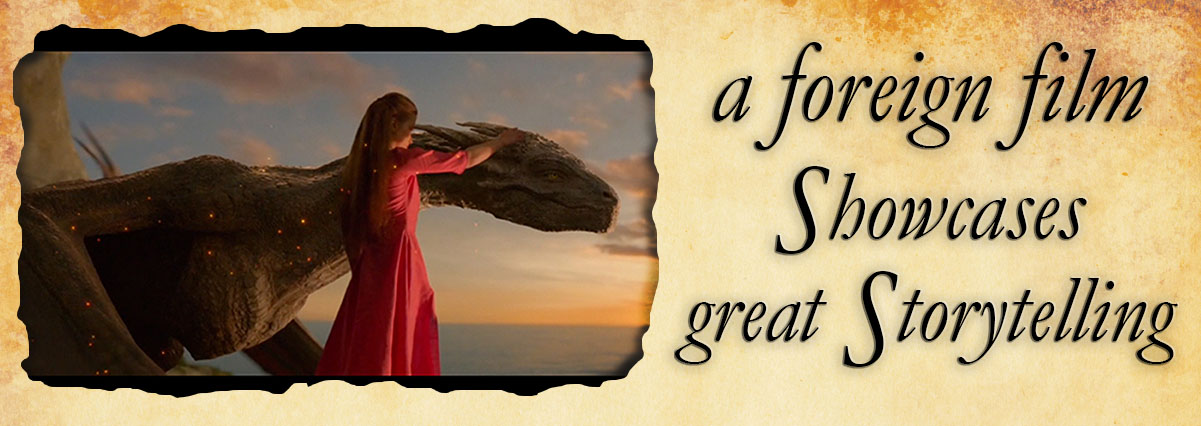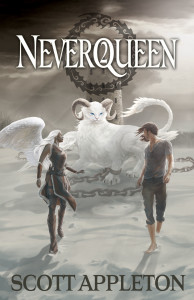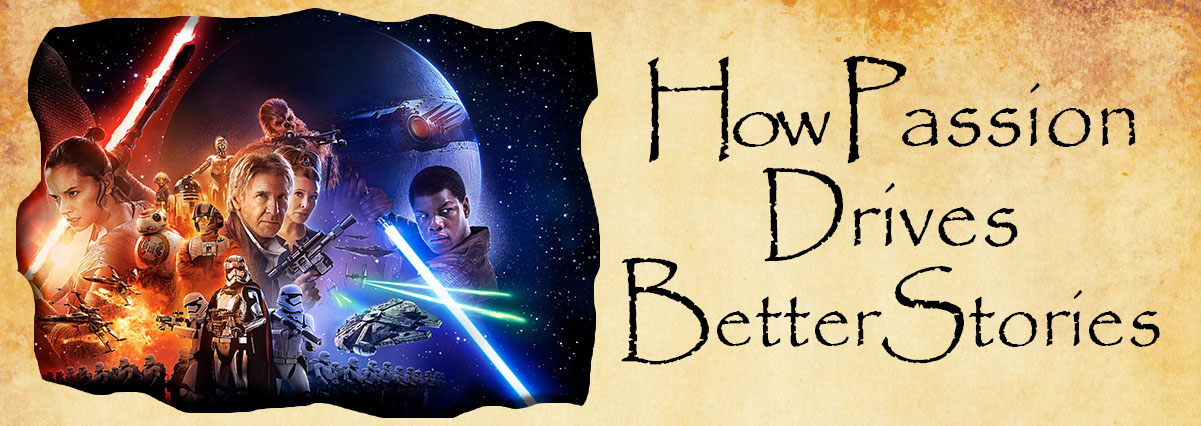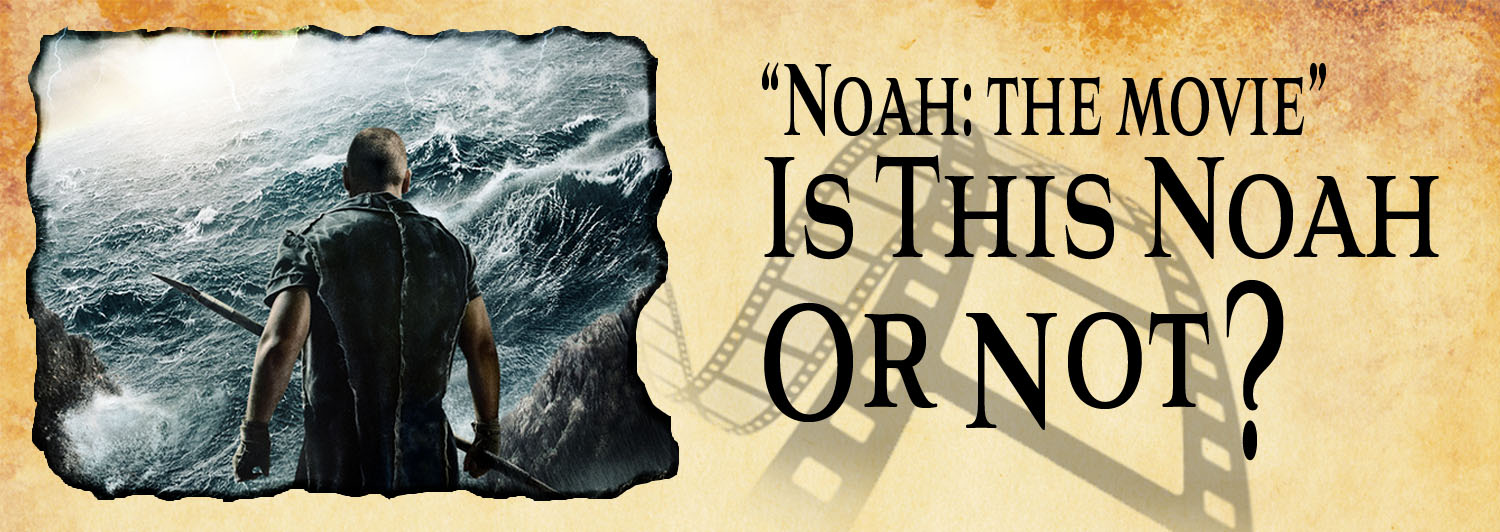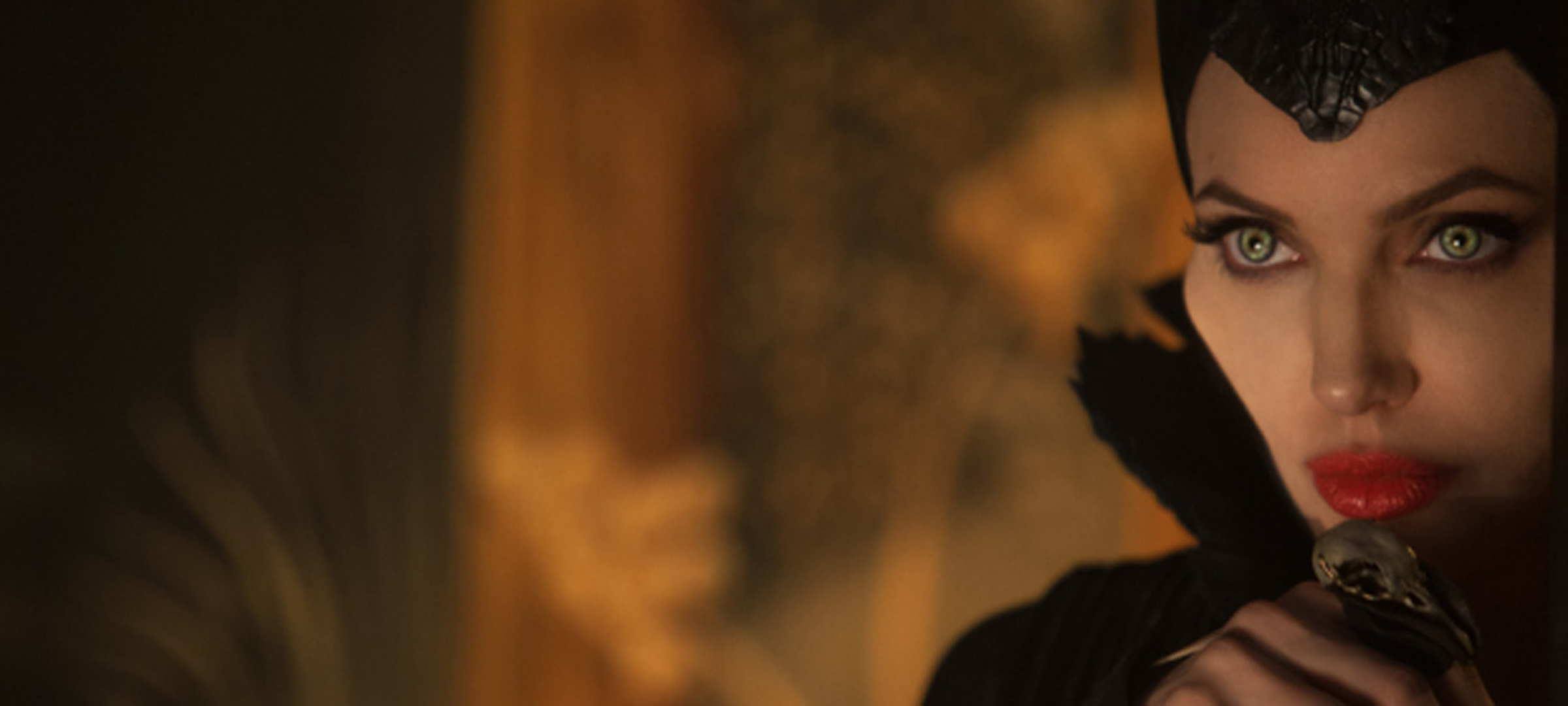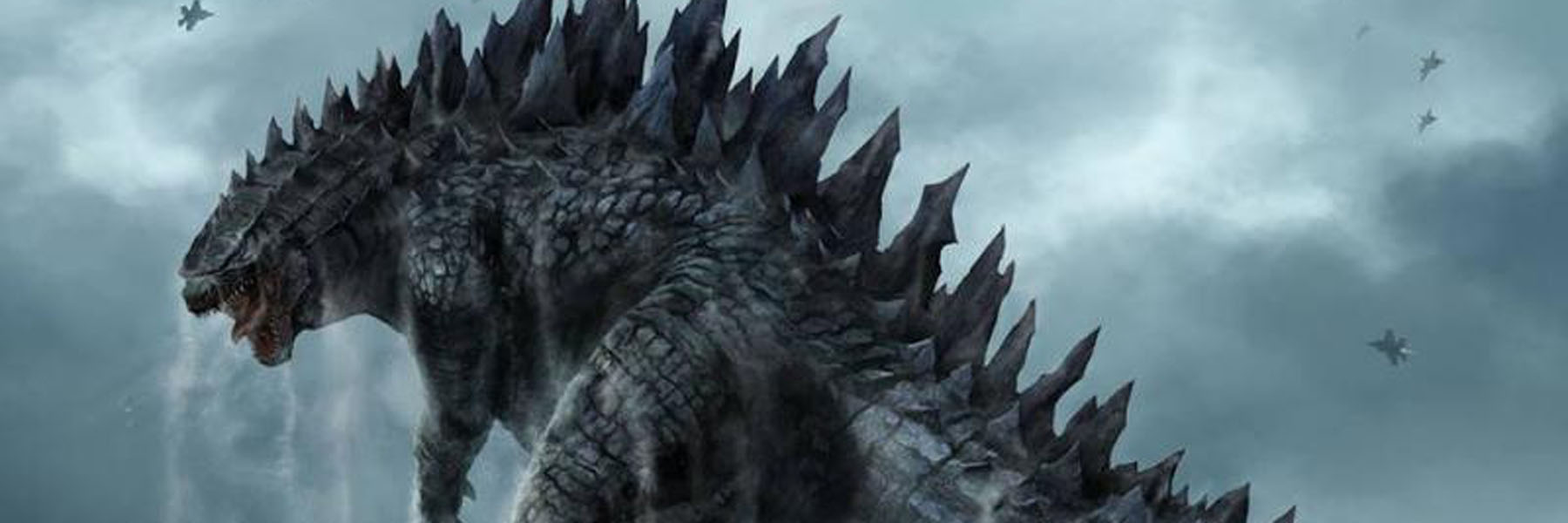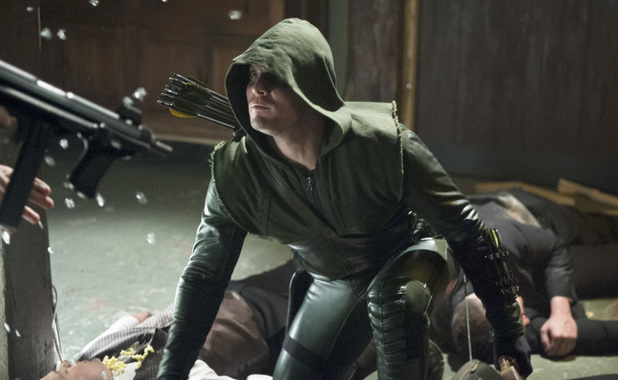A foreign film showcases great storytelling
The best movies are backed by strong writing but some of the biggest productions have failed in this regard. Recently I discovered a little-known fantasy movie titled I am Dragon that surprised me with its straight-forward story, great acting, top-notch special effects, and satisfying conclusion. A good movie can instruct us on how to become better storytellers by reminding us to ask the right questions and deliver the right message. I am Dragon reminded me of what makes a great story.
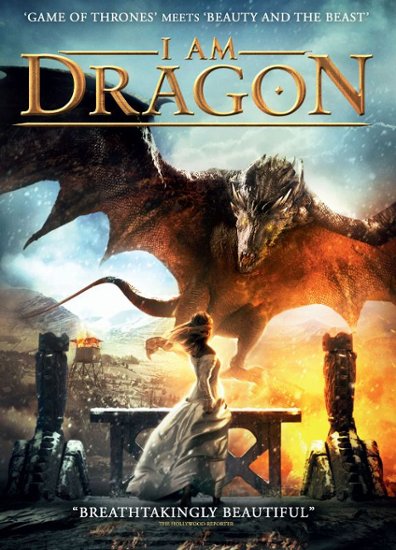 Are you tired of movies that rely on action scenes to keep your interest? I am. Though I do appreciate action when it is applied properly, the heart of a story is never the battles, it is the soul of the characters and the arc of mystery, intrigue, or romance that they are following. You could say that the drama is the most important aspect of any good story. It grabs your attention and holds you through to the end because it gives you human elements that you can relate to. You may not understand what it is like to fight in a war, or touch a majestic beast, or be wounded in battle. But you probably do understand what its like to fall for a beautiful woman, or lose one you love, to struggle financially, or to battle physical illness or handicap.
Are you tired of movies that rely on action scenes to keep your interest? I am. Though I do appreciate action when it is applied properly, the heart of a story is never the battles, it is the soul of the characters and the arc of mystery, intrigue, or romance that they are following. You could say that the drama is the most important aspect of any good story. It grabs your attention and holds you through to the end because it gives you human elements that you can relate to. You may not understand what it is like to fight in a war, or touch a majestic beast, or be wounded in battle. But you probably do understand what its like to fall for a beautiful woman, or lose one you love, to struggle financially, or to battle physical illness or handicap.
When writing a fantasy story, ask yourself what is at the story’s heart. What elements can people relate to? What parts of the story will they aspire to live out? Everyone wants to be a hero or heroine. We all want to be loved, respected.
Much of the writing that I see in fantasy today is DARK. Dark in its mood, dark in its presentation of humanity’s flaws, dark in its outcome. What happened to HOPE? This is something essential to good storytelling. Imagine if God’s story through the gospel was to send Jesus Christ to Earth only to destroy everyone. Imagine if vanquishing Sauron’s evil in The Lord of the Rings did not return peace to Middle Earth. Picture Star Wars without a new hope, where Vader is never redeemed.
Every story that stands out in my mind has a beautiful end, an end that includes hope and, often, restoration.
I am Dragon is a Russian film production that seems to have received very little attention. The premise is, as some might say, deceivingly simple. Young brides were long offered in sacrifice to dragons until a dragon-slayer arose to free them from the beast’s reign of terror. But the slayer’s grandson uses the dragon-summoning song during his betrothal and the bride is taken by another dragon. What follows is a fantasy tale of legend and romance. This movie has the best dragon that I have ever seen on screen. Though I still love Peter Jackson’s version of Smaug, the dragon in I am Dragon is more relatable in its size and design. The facial expressions it achieves are stupendous!
What makes this movie special is its reliance on a simple story backed by minimal cast and gorgeous scenery. The story opens with dark themes, even dark cinematography. Then a shift takes place and brighter themes and scenery bring elation to the viewer.
As writers, we would do well to study the story in this film.
Q: Do you prefer dark stories, or stories of hope?
Flaming Pen Press‘s newest fantasy book release is also a story of hope. Check out Neverqueen 2.
The wizard wanted a male heir, but when he saw that the boy born to him was malformed he determined to kill him. Born into a life of cruelty, Valor could easily have fallen into his father’s darkness. Instead he set out to undo the wizard’s madness by covering those around him with the Creator’s compassion and light. The prophets are at work in the shadows, bringing forward the Neverqueen as the next prophetess whose reign will bring hope to the people of Paradon, and to her own people by the Eiderveis River. Her mysterious interactions and judgements will settle a caution and a terror in the hearts of the sorcerers and others who ignore her warnings. Unlikely alliances are formed in this story of hope that rises through adverse circumstances.
